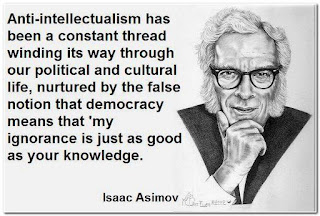SFL Theory is both intellectually challenging and unfamiliar in its methodology. For example, it requires linguists to be able to operate at multiple levels of different types of abstraction, and to be always aware of the level at which they are operating. This is most problematic in the case of distinguishing meaning (semantics) from wording (lexicogrammar), since wording is lexicogrammatical form (clause, group & phrase, etc.) categorised according to the meaning it realises.
In terms of unfamiliar methodology, where other linguistic theories begin with the lowest levels of symbolic abstraction: structure and form, and assign them categories, SFL Theory begins the highest levels of symbolic abstraction: system and meaning, and asks how these are realised in structure and form.
Its intellectual challenges and contrary methodology make SFL Theory and its argumentation comparatively difficult to understand. This creates a culture in the SFL community where the theory is less understood than taken on trust, like religious faith.
In a faith community, a doctrine is held as a revelation to be believed, rather than a theory to be in/validated by reasoned argumentation. In such a community, experts are providers or interpreters of revelations, rather than experts in reasoned argumentation, and in matters of interpretation, it is such individuals that are criterial, rather than reasoned argumentation. With individuals as criterial in doctrine interpretation, communities form around those individuals.
Where, in a scientific community, interpretations of theory are on a scale from accurate to inaccurate, in a faith community, interpretations of doctrine are on a scale from orthodox to unorthodox (if tolerated), or to heretical (if not tolerated).
Expressions of the faith culture in the SFL community are sometimes expressed as projections onto others. For example, the belief that it is individuals that are criterial, rather than reasoned argumentation, was disclosed by O'Donnell (on the sys-func email discussion list):
To me, the biggest threat to SFL as a continuing school is the attitude that only the word of God (MAKH) is true, and everything else is heresy.
